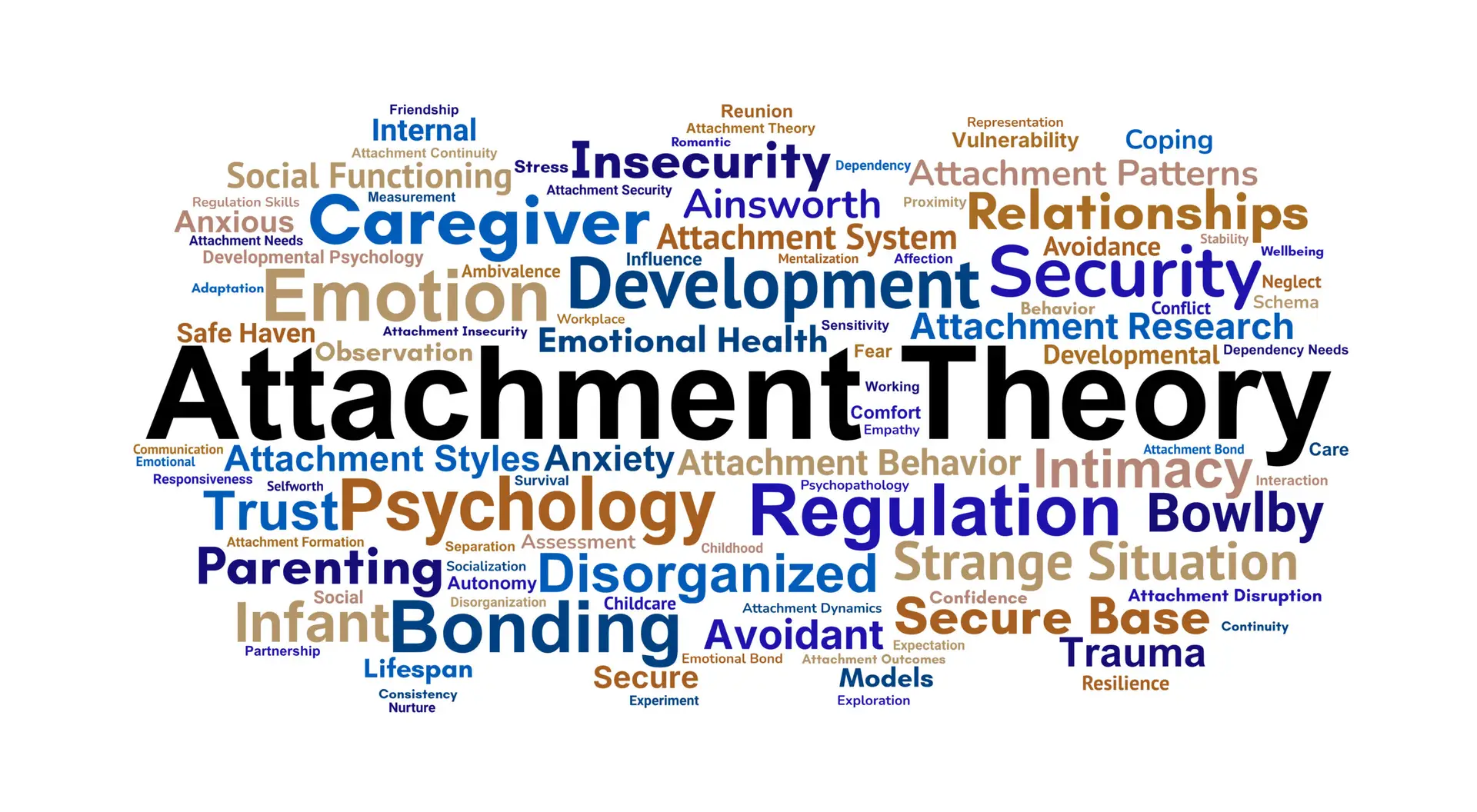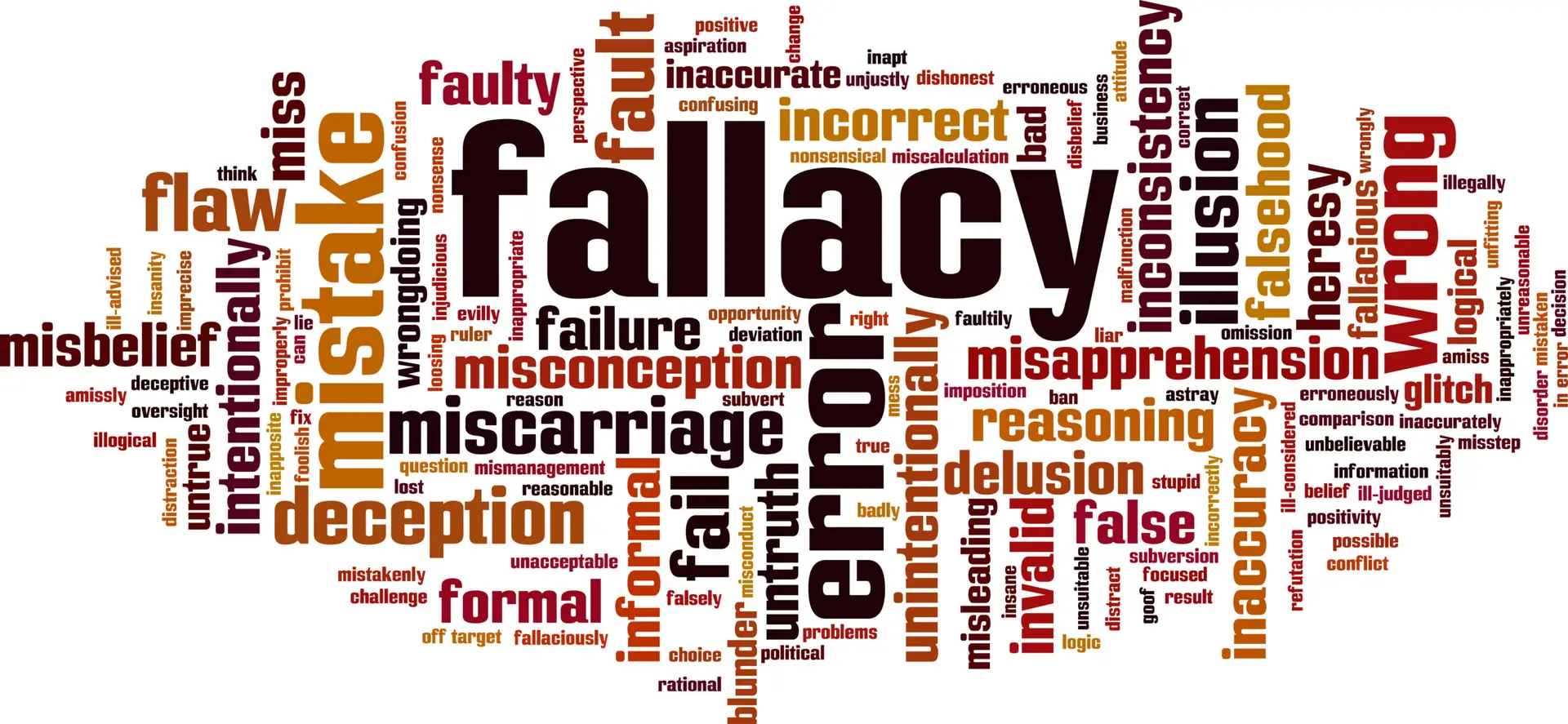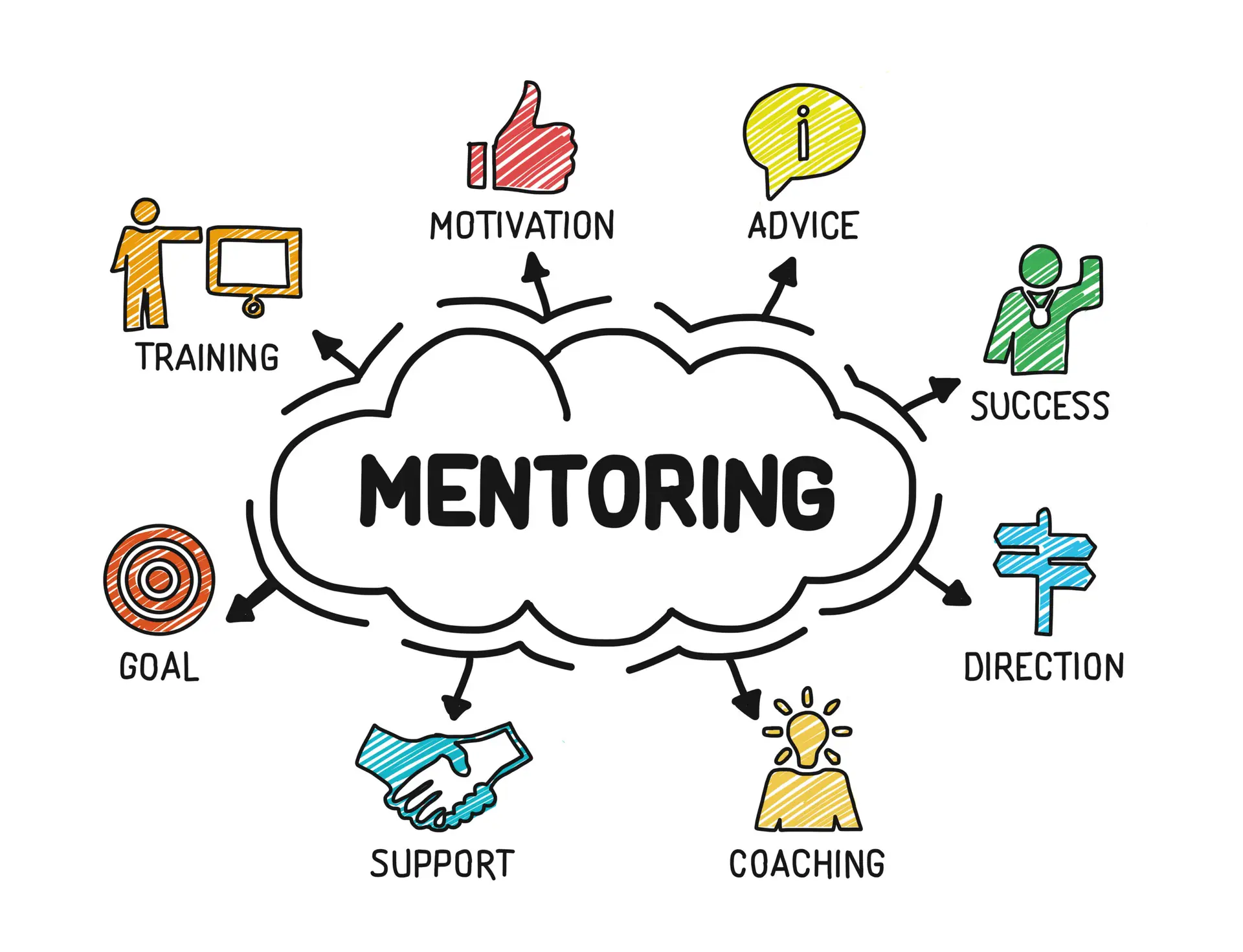Gaslighting by Society
Growing up in a narcissistic family is made more difficult because the child is gaslit within the family and they are also often gaslit by society in general.
They are gaslit because their perceptions of what is happening to them are minimised and dismissed within their family and by society.
The mother figure is especially idealised in society and many people struggle to believe that a mother could be sabotaging, destructive and unloving to her own child. Societal idealisation can also be extended to the father figure but less so currently in western society where we have a high divorce rate (“the average overall divorce rate in England and Wales is 31.8%”) and an increase in single parent families (“there are around 1.8 million single parents – they make up nearly a quarter of families with dependent children”) and with these societal changes the idealisation of the father is not as strong for many people.
In many Non-Western cultures the idealisation of both mother and father figures is stronger.
If a child of a narcissist does share their experiences of their relationship with their narcissistic parent with others, they may find that the person they are talking to defends the parent’s motives and tries to play peacemaker – if they know the parent personally they may state that the parent is nice if they have seen the narcissistic parent donning their friendly/charming public persona.
They may make comments similar to the ones below:
Things People Say to Children of Narcissists:
"Your parents love you."
"I am sure your mum/dad didn't mean it."
"Parents want the best for their kids."
"You've only got one mum/dad"
"Explain to your parents how you feel. You can work it out."
"Maybe you are being too sensitive?"
"Just let it go and move on."
"Honour thy father and thy mother" (there can be the added pressure of religious ideals).
Gaslighting of Children of Narcissists by Society Tweet
Confusion
Life is confusing for children of narcissists as they try to understand what has happened to them but battle with the inner conflict of knowing something is wrong in the family dynamic but also going to a place in their mind where they blame themselves completely for everything and feel a lot of shame (please see black and white thinking patterns here).
Well-meaning family members, friends or work colleagues can add to that confusion with their inability to see that life can be very different for many people from how they themselves would like to believe it is.
This can be seen as the individual’s and society’s collective inability to see its shadow self.
As knowledge of pathological narcissism becomes more prevalent I hope this will change in the near future and society can move out of denial and idealisation and into a more realistic place where the complexities of human nature are more readily recognised and understood.
Sources:
Divorce Statistics UK 2023 | NimbleFins
Single parents: facts and figures | Gingerbread
Carl Jung – The Jungian Shadow – Society of Analytical Psychology (thesap.org.uk)
“Jung had a deep interest in the shadow – its form and content – and in the process of assimilating “the thing a person has no wish to be” [CW16, para 470]. He saw quite clearly that failure to recognise, acknowledge and deal with shadow elements is often the root of problems between individuals and within groups and organisations; it is also what fuels prejudice between minority groups or countries and can spark off anything between an interpersonal row and a major war. This is perhaps why the General Index to his collected works contains over two pages of references to the shadow. Becoming familiar with the shadow is an essential part of the therapeutic relationship, of individuation and of becoming more rounded, more whole and more colourful.“







